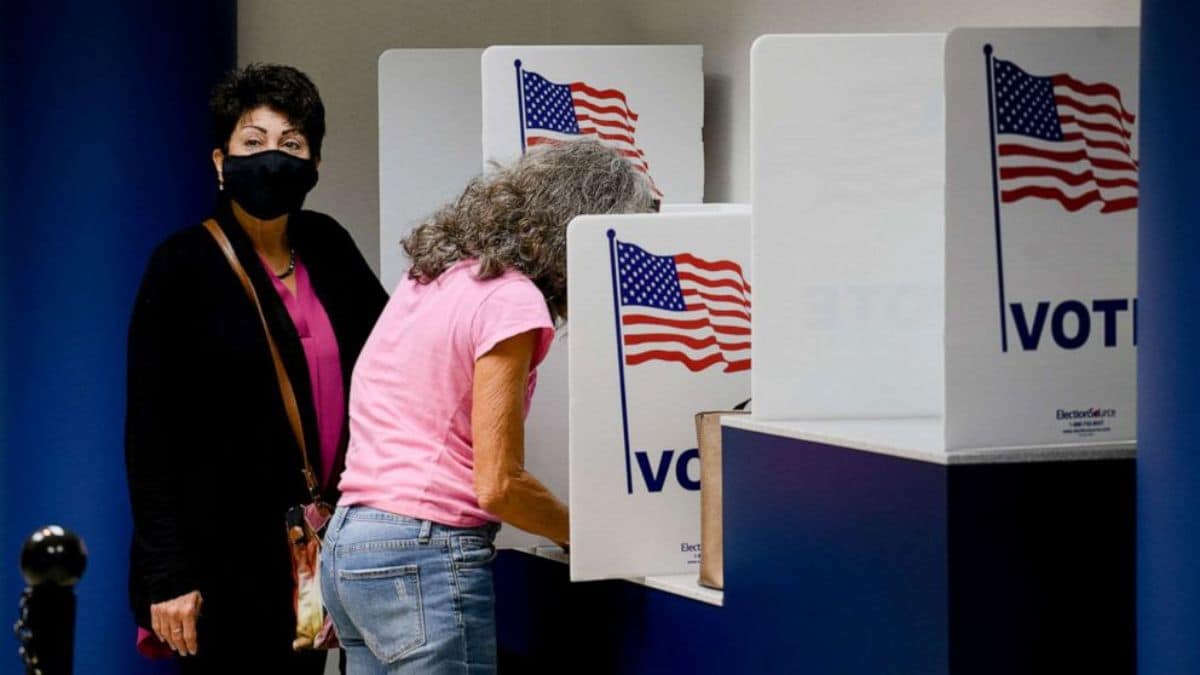The upcoming U.S. presidential election has injected a new sense of urgency into political discourse, with candidates vying for support by amplifying nationalist sentiments and appealing to domestic audiences. Against this backdrop, Japan, as a key ally and economic competitor, has become a focal point of campaign rhetoric, with candidates using inflammatory language to score political points.
One of the key factors driving the anticipated increase in anti-Japan rhetoric is the growing competition between the United States and China for influence in the Asia-Pacific region. As tensions between the two superpowers escalate, candidates are likely to adopt a more confrontational stance towards China, which could inadvertently spill over into criticism of Japan, a close U.S. ally in the region.
Moreover, trade issues and economic competition are expected to feature prominently in the election campaign, further fueling anti-Japan sentiment. The United States and Japan have a long history of trade disputes, particularly in sectors such as automotive manufacturing and agriculture. Candidates may exploit these grievances to rally support among voters concerned about job loss and economic inequality. The COVID-19 pandemic has also exacerbated tensions between the United States and Japan, with both countries grappling with the economic and public health impacts of the crisis. Amid a global recession and mounting public frustration, candidates may resort to scapegoating Japan for perceived failures in pandemic response and economic recovery efforts.
However, while anti-Japan rhetoric may resonate with certain segments of the electorate, it also carries significant risks for U.S.-Japan relations and regional stability. Japan plays a crucial role in maintaining security and stability in the Asia-Pacific region, and any attempts to undermine its credibility or alienate its leadership could have far-reaching consequences. As such, experts caution against the use of inflammatory language and irresponsible rhetoric that could strain U.S.-Japan relations and undermine mutual trust. Instead, they urge candidates to engage in constructive dialogue and diplomatic engagement to address shared challenges and advance common interests in the Asia-Pacific region.

